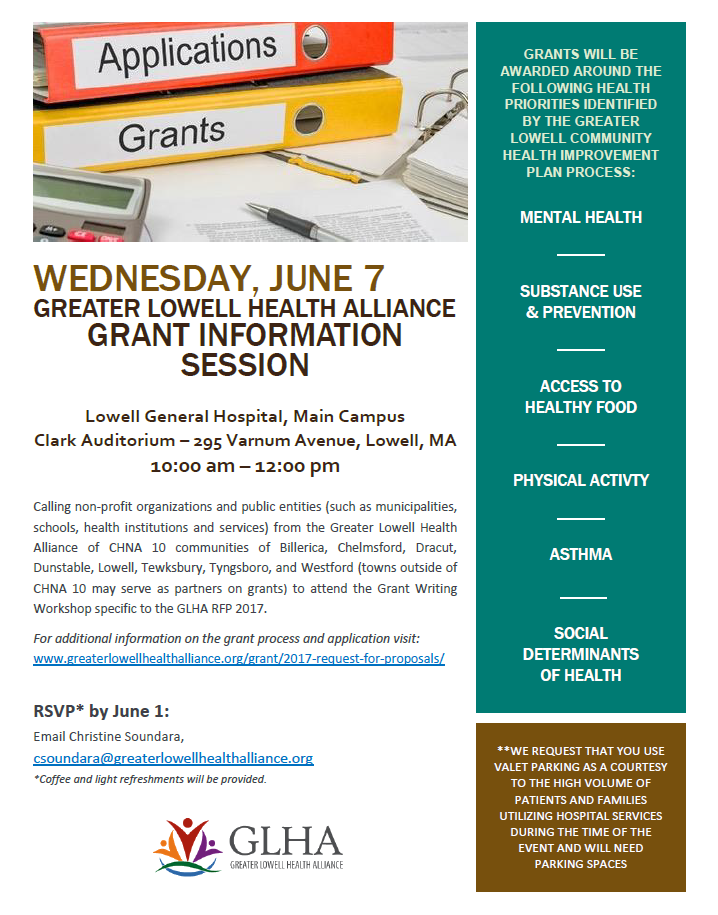Date: Tuesday, May 23, 2017
Time: 7:00-8:30pm
Location: Tewksbury High School, 320 Pleasant St, Tewksbury, MA, Room B204
Come in front door and upstairs. The library is on the left and the elevator is on the right. Glass windows directly in front of B203 Teachers Workroom. B204 is the second room on the left.
When there is evidence of alcoholism or drug use in a family, you can see the side effects on the other family members, especially young people. Alateen meetings provide mutual support for young people affected by someone else’s drinking or drug use. Come speak with teens who know exactly how you feel. The meetings are confidential and a safe place to:
– Share experiences, strength, and hope with each other
– Discuss difficulties
– Learn effective ways to cope with problems
– Encourage one another
– Help each other understand the principles of the Al-Anon program
Learn how to use the Twelve Steps and Alateen’s Twelve Traditions
www.al-anon.alateen.org/for-alateen
For more information please call Maria Ruggiero at 978-851-7373 x352




 R
R